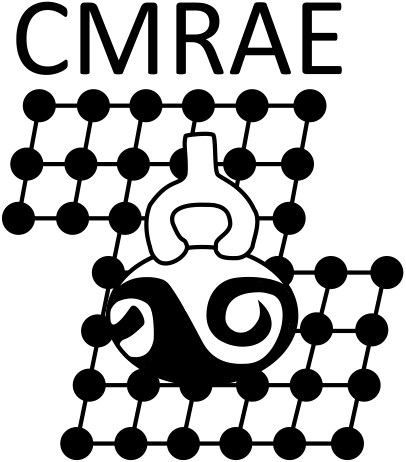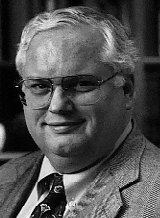Massachusetts Institute of Technology
Department of Materials Science and Engineering
77 Massachusetts Avenue, Room 4-136
Cambridge, Massachusetts 02139
(617) 253-3229
tweagar@mit.edu
Professor of Materials Engineering and Materials Systems
Electromagnetic welding of aluminum
Verification of EMW as a high volume automotive welding process will enable greater use of aluminum in low to moderate price vehicles, thereby improving fuel economy and other customer perceived characteristics, such as performance, handling, and corrosion resistance. The welds will be produced using the EMW equipment at Ford and the process parameters, mechanical properties, microstructure, and durability of the joints will be analyzed at MIT.
Methodology to extend life and prevent failure of critical airplane engine components via an improved non-destructive evaluation (NDE) process
This project deals with critical engine life-limited parts (LLPs) in airplane engines to detect defects smaller than 0.030 x 0.015 inches in length reliably using both surface and bulk NDE techniques. The FAA has defined engine LLPs as rotor and major static structural parts whose primary failure is likely to result in a hazardous engine effect. As the fleet of commercial aircraft ages, the possibility of a hazardous engine effect due to fatigue crack propagation increases. Advanced NDE techniques being evaluated in this research have the capability of detecting flaws before critical failure occurs.
Selected Publications
2004 Leadership, Management and Education at MIT. MIT Faculty Newsletter 16 (5): 1, 16-18.
T.W. Eagar and C.S. Musso. 2001 Why Did the World Trade Center Collapse? Science, Engineering and Speculation. Journal of Materials December: 8-11.
1991 The Future of Metals. Welding Journal 70(6): 69.
1987 The Real Challenge in Materials Engineering. Technology Review 90 (2): 24; (also published in Japanese in Berufu 1987, 43).


